Pets bring a plethora of benefits to our lives, and I’ve found this to be especially true with older people.
So for this month’s article, I’m looking at the role pets play in the lives of older people – the benefits and how to choose the right match at this stage in our lives.
The Benefits Of Pets For Older People
Many older people experience loneliness – one study indicated 21% of its elderly respondents felt lonely,1 which is a heart-breaking statistic. One of the biggest benefits of pet ownership in my mind, is the fact that pets bring companionship and reduce feelings of loneliness,2 providing constant emotional support and unconditional love. Having a pet can fill your days with joy and purpose!
Plus walking a dog, visiting the vet, or going to cafés together can open opportunities for social interaction, helping older adults stay connected to their community. The blue line study identified a purpose and social interaction as critical to health and longevity!
Caring for a pet can also offer a sense of responsibility and routine, which is beneficial for seniors who might have finished up with their working life and otherwise have a lack of structure to their days. Feeding, walking, grooming and playing with pets can give purpose. After I personally lost my 3 dogs a couple of years back, I realised how much I needed those regular dopamine hits from smooching my dogs. It’s such a visceral reward, and I am greatly enjoying having my new golden retriever Awa now to fill that hole in my life.







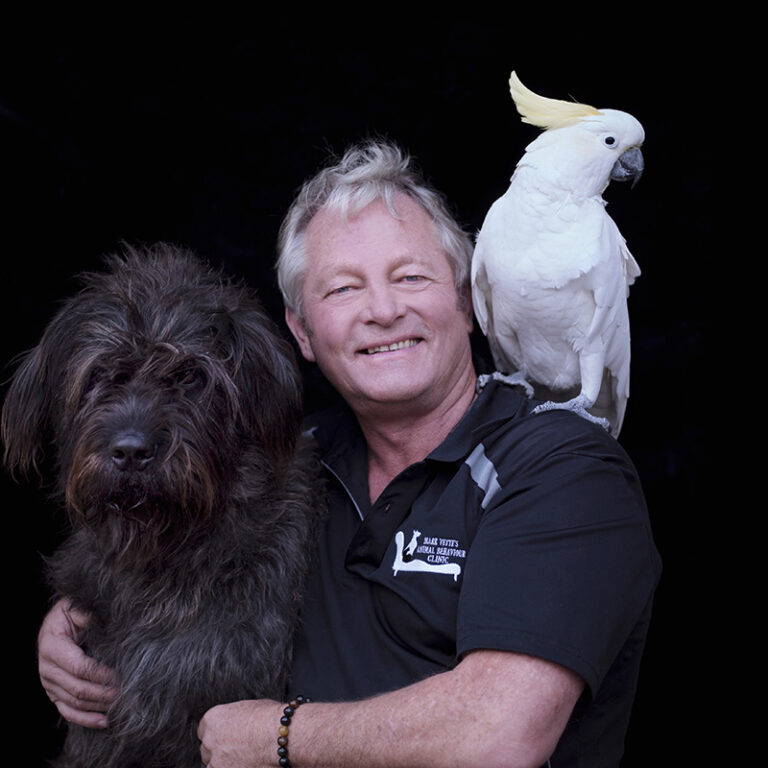
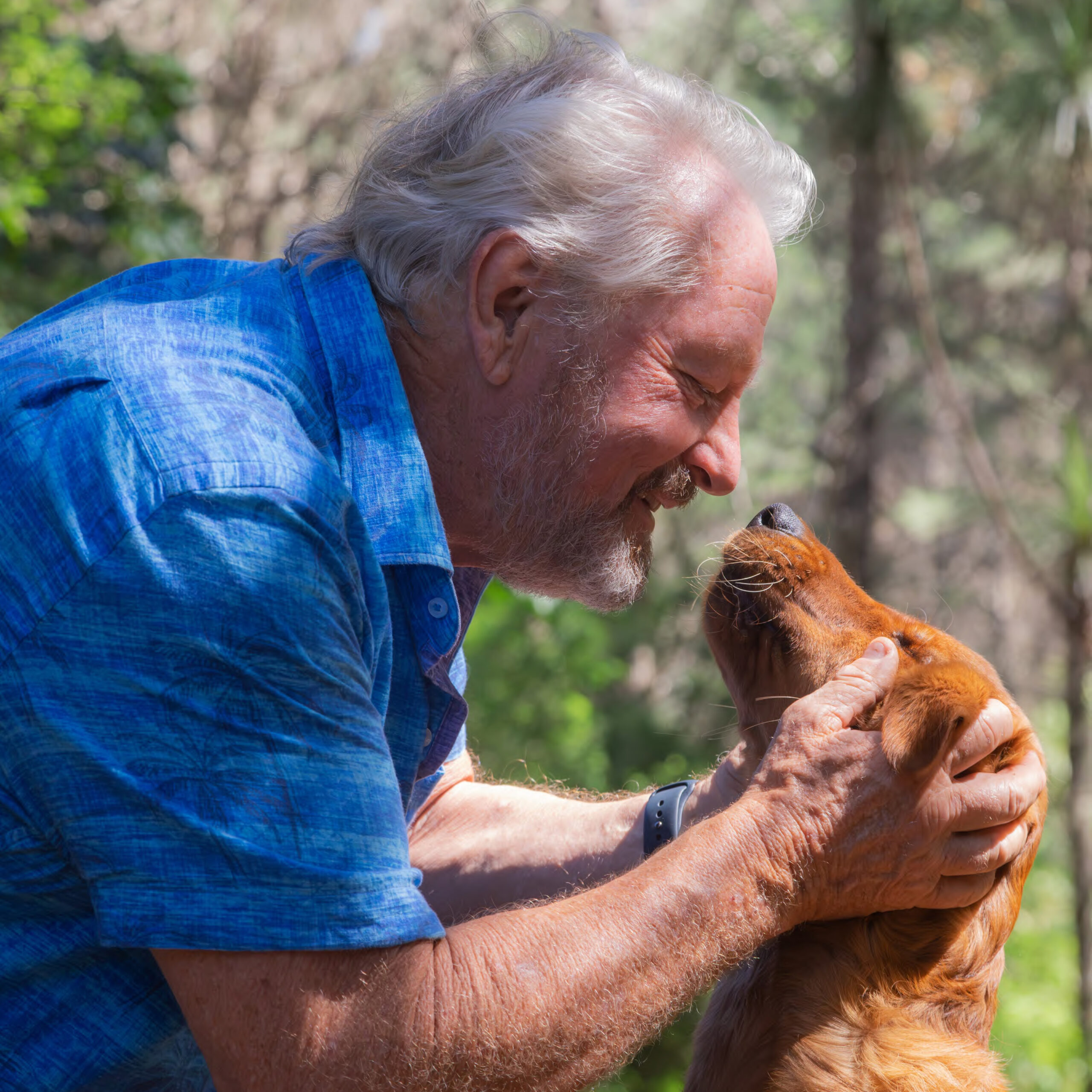
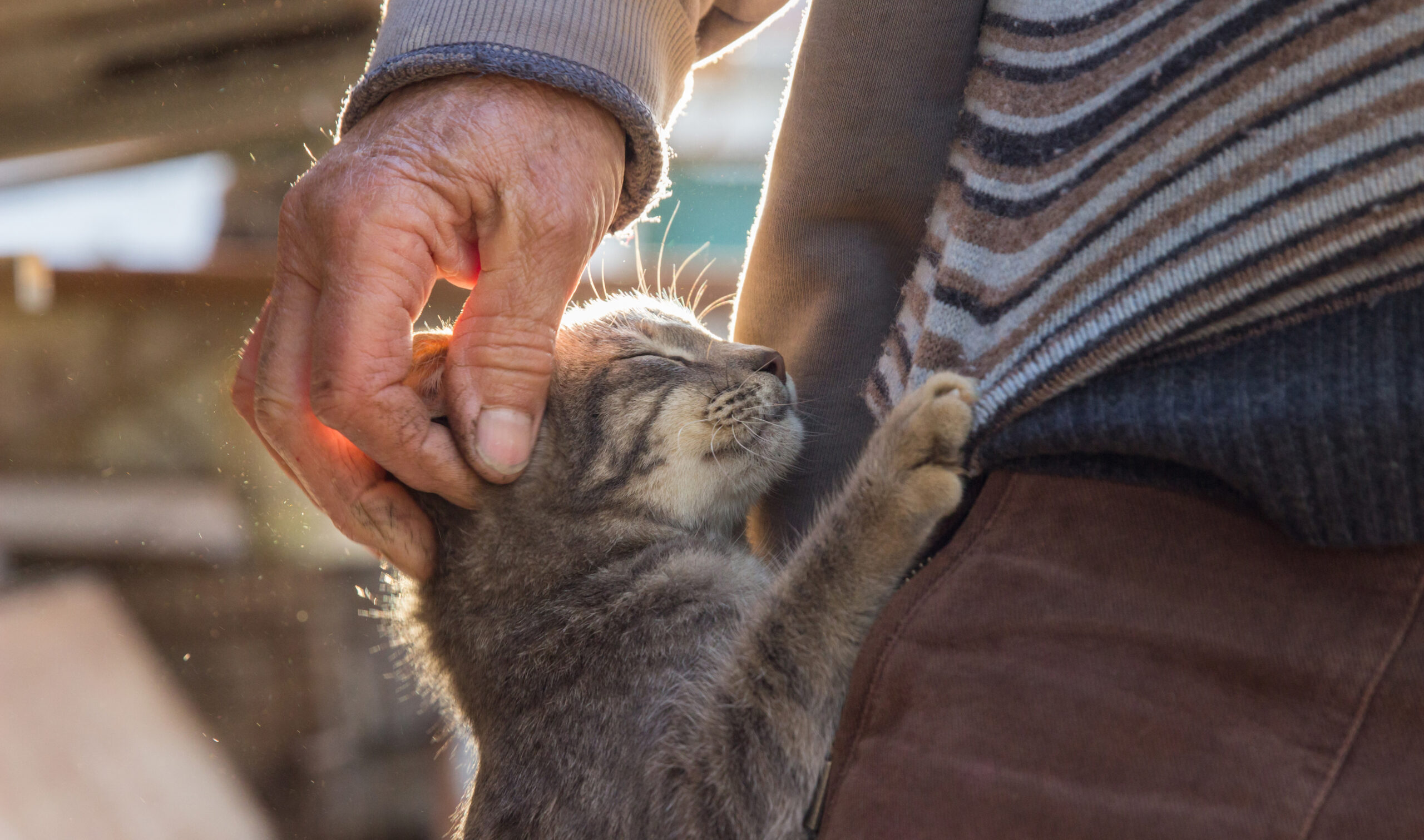
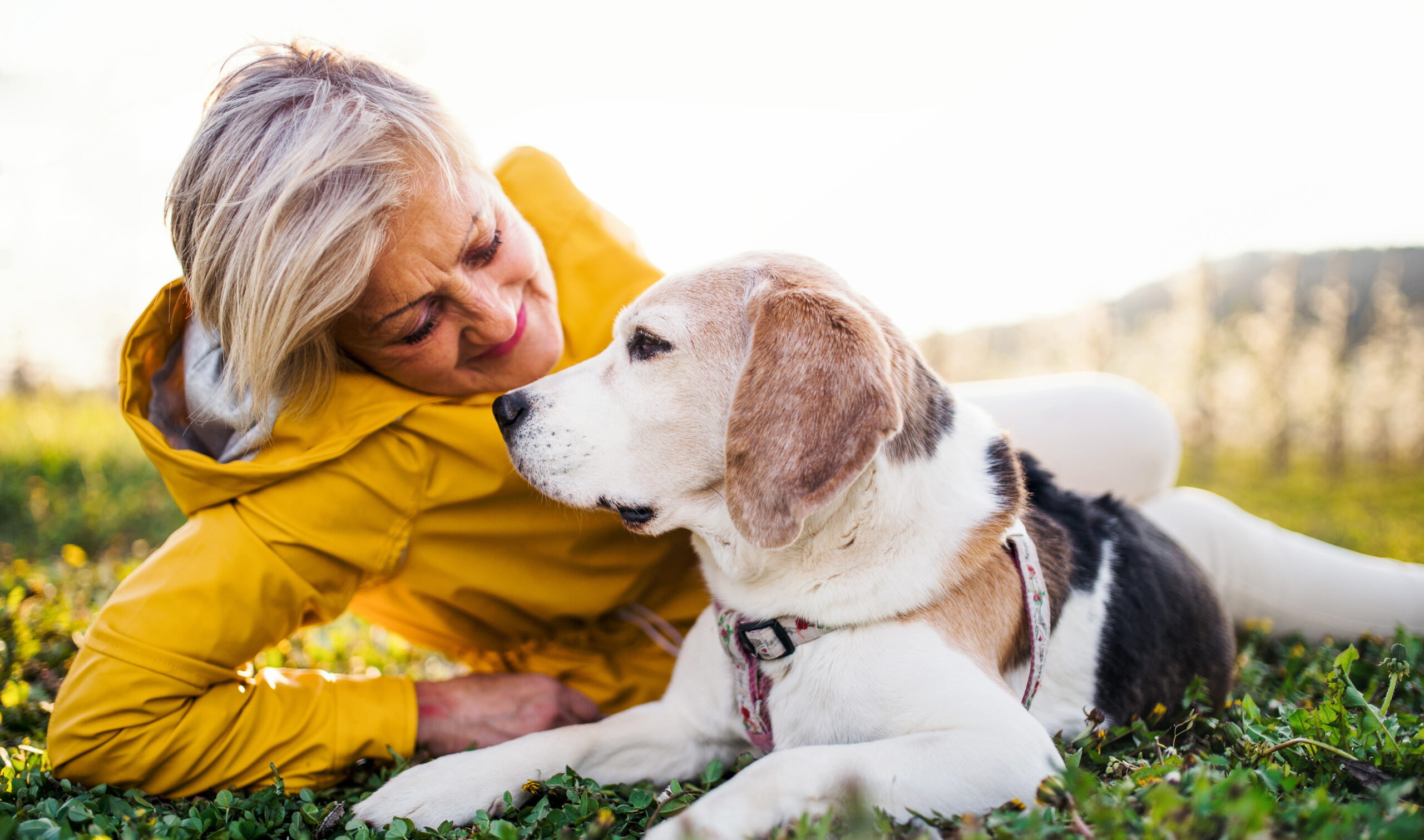
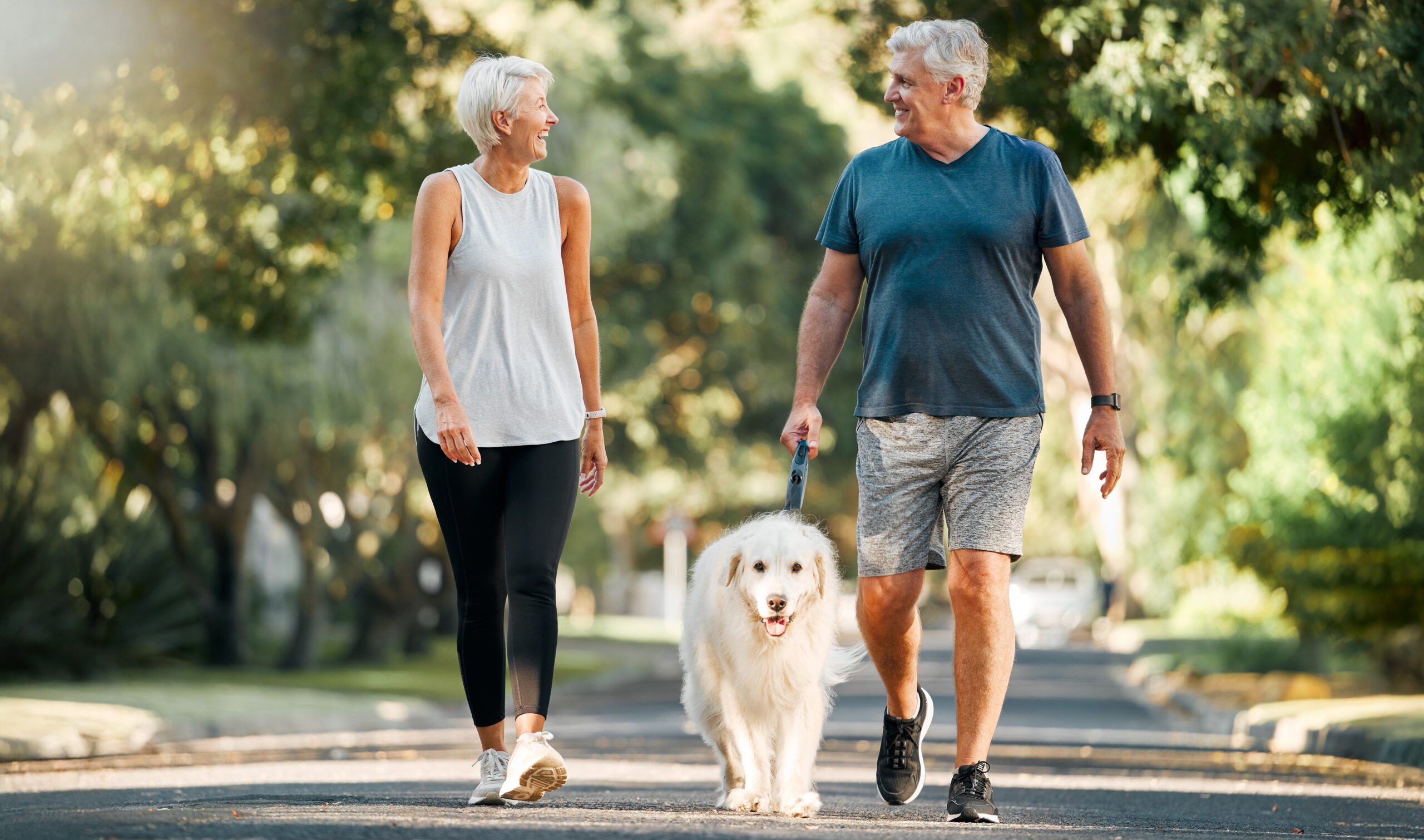
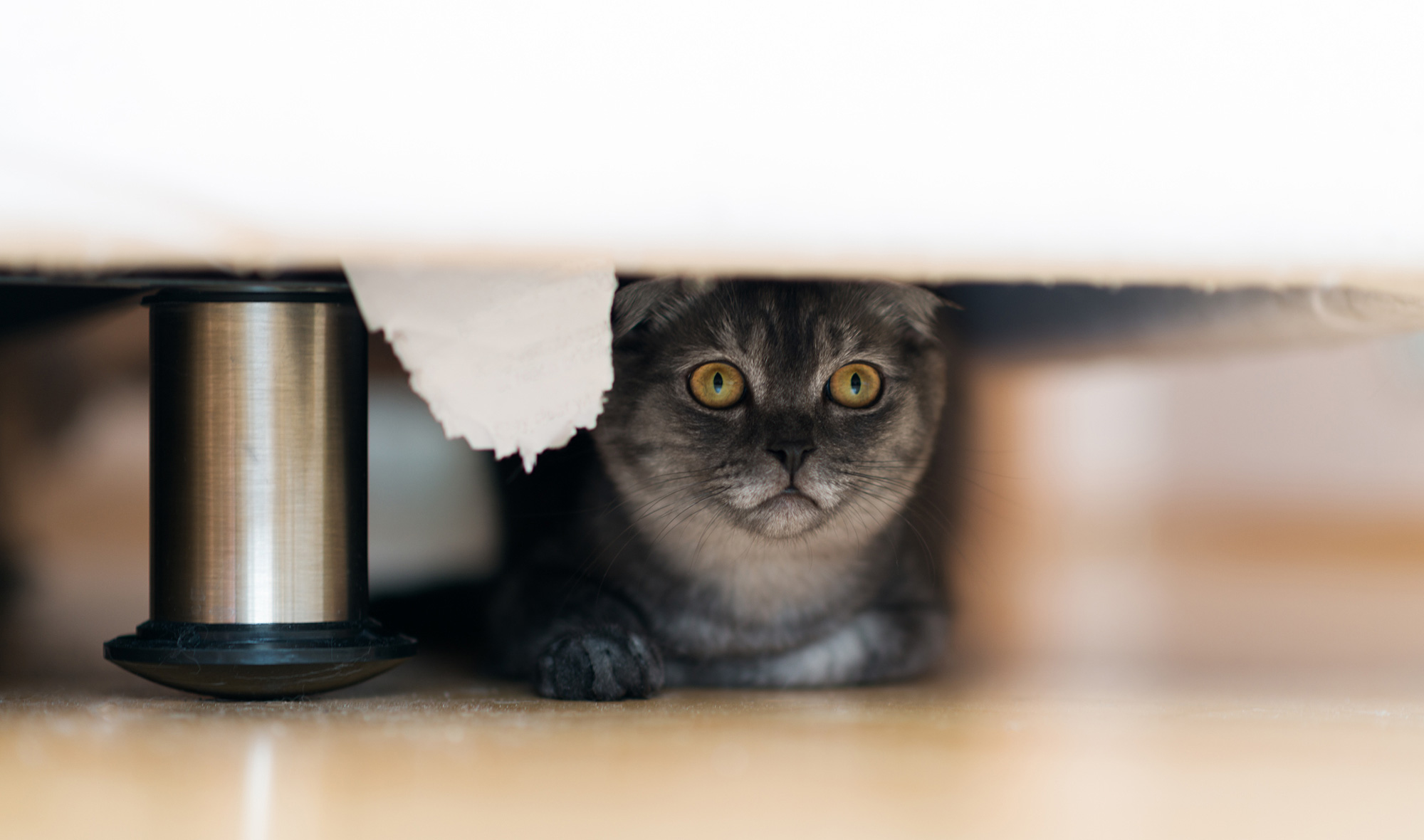
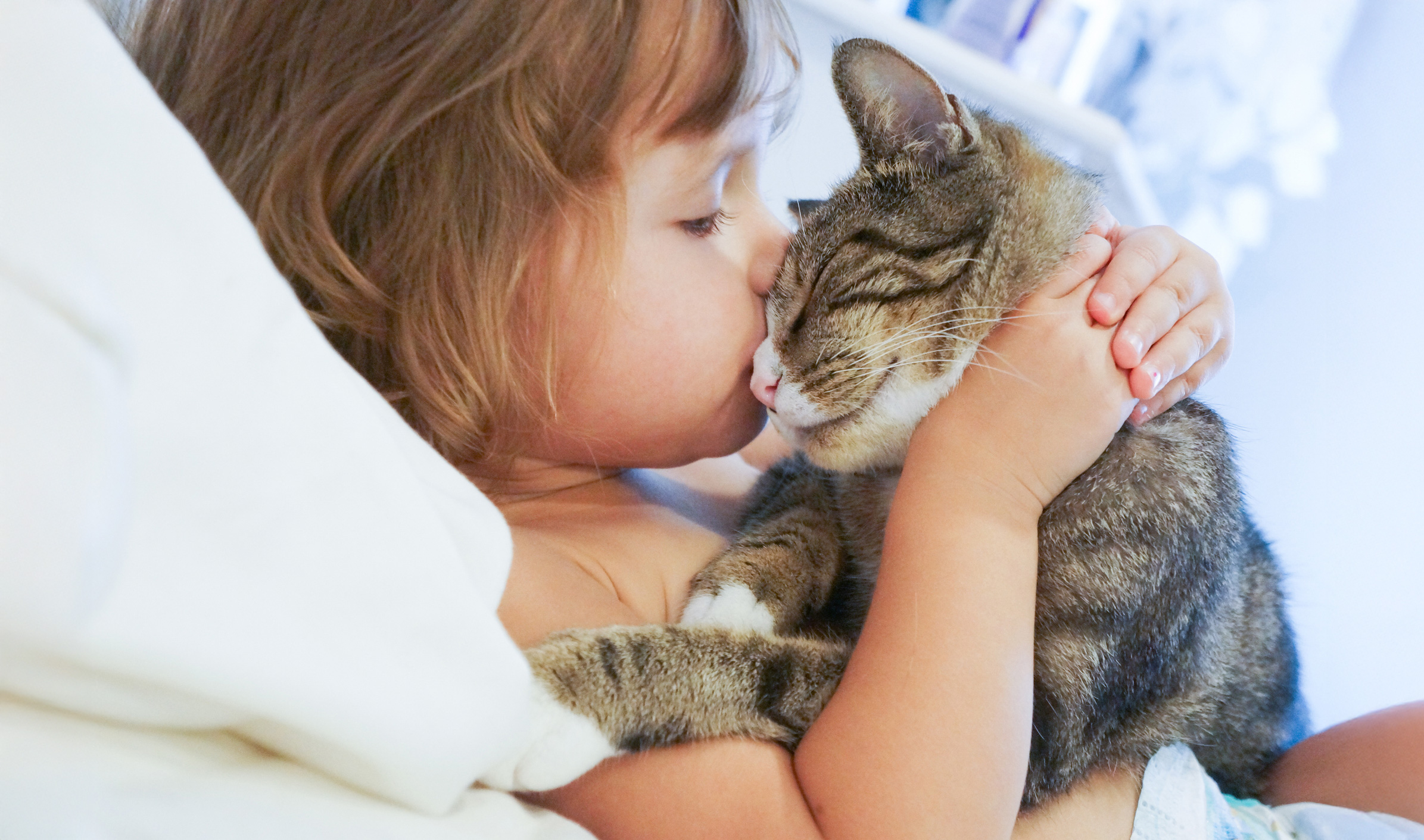




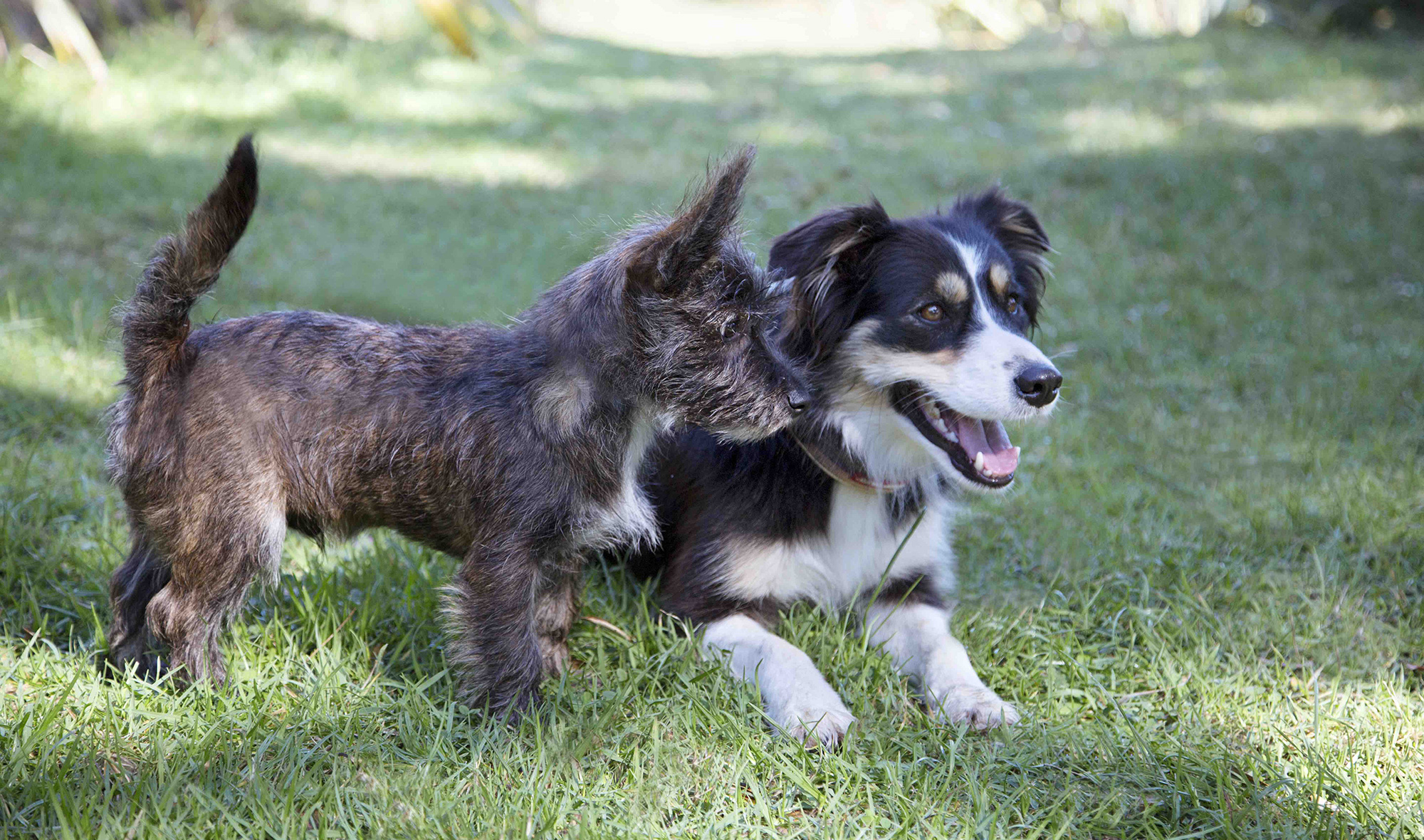
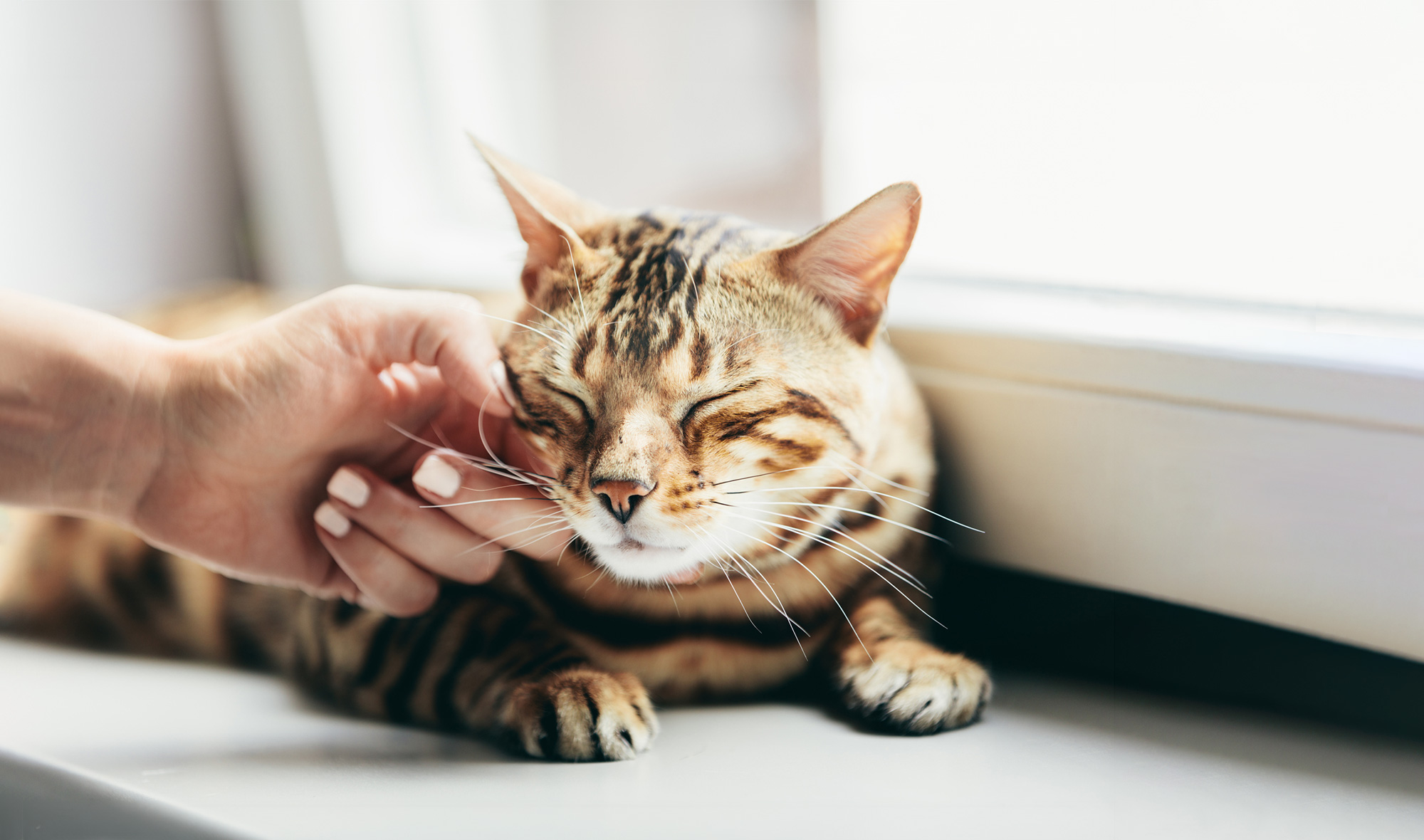

Community